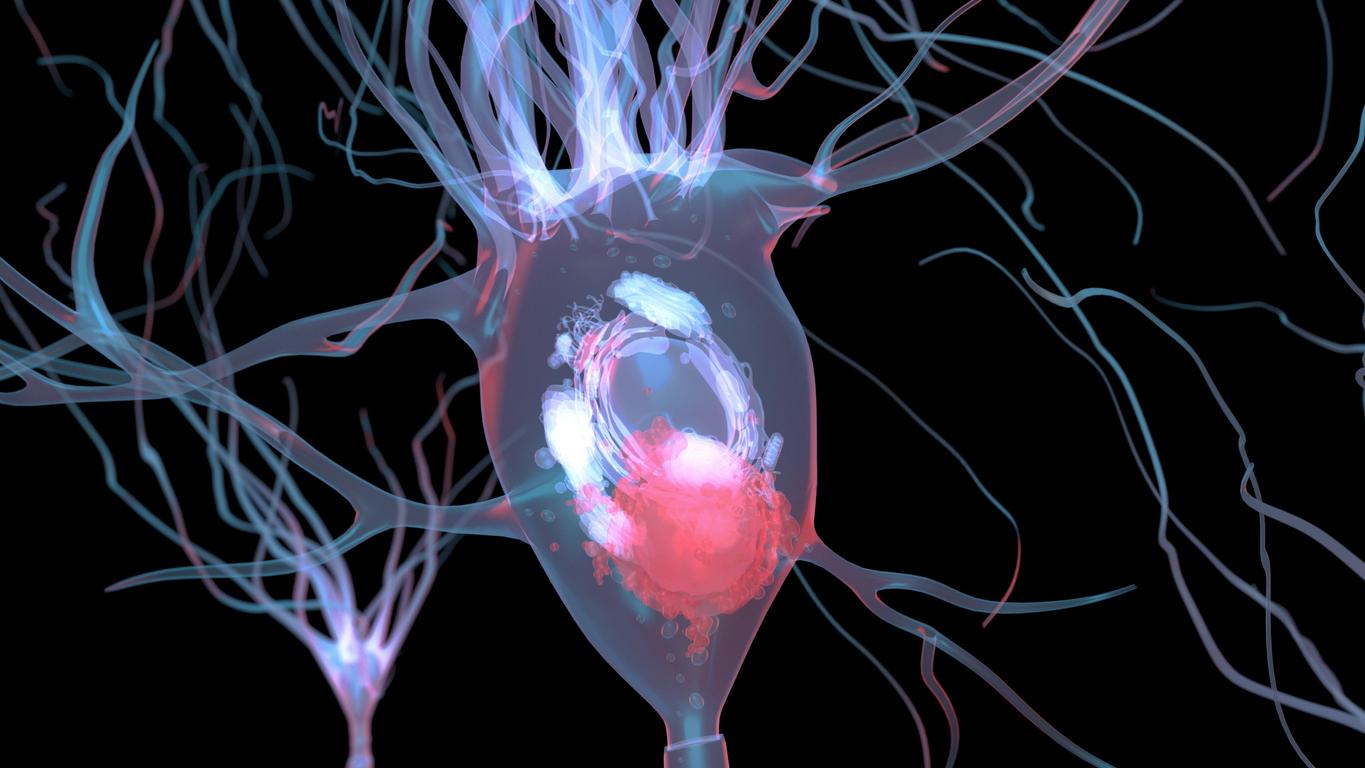According to a recent article published in the Revue de gériatrie, Marshal Philippe Pétain may have had Alzheimer’s disease. This hypothesis is put forward by the professor of geriatrics Jean-Marie Sérot.
-1551633496.jpg)
Was French Marshal Philippe Pétain suffering from Alzheimer’s disease ? This is the theory put forward by doctor Jean-Marie Sérot. In a recent article published in the Geriatrics Journalthe professor of geriatrics in Amiens affirms that in 1940, that is to say during the Second World War, Marshal Pétain “suffered from a neurodegenerative disease, the first signs of which appeared in 1930”.
If this “diagnosis” remains impossible to prove from a strictly scientific point of view, Professor Sérot’s arguments are based on a medical hypothesis, developed from reading the biography Petain by historian Bénédicte Vergez-Chaignon, published in 2014 by Éditions Perrin. Contacted by Jean-Marie Sérot, the author of the book confirmed to France News that “it’s a question that has been hanging around Philippe Pétain since Vichy”.
Alzheimer’s disease is a neurodegenerative disease, that is to say, it causes progressive but irreversible dysfunction of the nerve cells of the brain. Advanced age is the main factor of the disease.
In more than 90% of cases, the disease begins with memory problems for events dating back a few hours or a few days (family reunions, content of a conversation, vacation memories, current events, etc.). The situation can become worrying when the person does not find the information when they are helped to remember. Conversely, old memories or general knowledge are preserved much longer.
Early memory loss
Knowing that there was no autopsy performed on the body of Philippe Pétain (who died in 1951) and that no medical file concerning him has been found, what are the clues that led the doctor and the historian to think that the marshal had Alzheimer’s disease?
To support his arguments, Professor Sérot cites the period of internment at Fort Montrouge. Interned there in 1945 after his arrest, the marshal would have asked if he was “still the head of state”.
Other historical accounts explain that a little later, still in Montrouge and after his trial which took place in July and August 1945, Pétain no longer recognized the officer who was in charge of watching him, even though he saw him several times a day. Three years later, his condition deteriorated. Professor Sérot explains that Philippe Pétain began to adopt strange attitudes, characteristic of patients with Alzheimer’s such as “playing with his stool”, “trying to kiss the nuns” or even “making obscene remarks”.
Symptoms that seemed to evolve slowly
But, notes Jean-Marie Sérot, the soldier had shown memory problems much earlier, from the beginning of the 1930s: “his collaborators note that his memory is weakening and that he no longer assimilates”. In July 1942, Pétain is said to have asked the mayor during a visit to Lyon: “Where are we? Who am I? What am I doing here?”
Another detail which, according to Professor Serot, is not misleading: the farrier did not show any signs that could alter his motor skills, unlike a neurodegenerative disease like that of Parkinson’s. The fact that he kept “a normal step until the end of the war”, proves for Jean-Marie Sérot, that the symptoms evolved slowly, as we often see in patients with Alzheimer’s disease.
“The most plausible hypothesis is that of an advanced Alzheimer’s disease, but we will never be certain of this due to the absence of additional elements”, concludes the professor in geriatrics.
As Bénédicte Vergez-Chaignon pointed out, this research does not aim to “rehabilitate Marshal Pétain or revisit history”, but simply to “ask questions and answer them”.

.

















